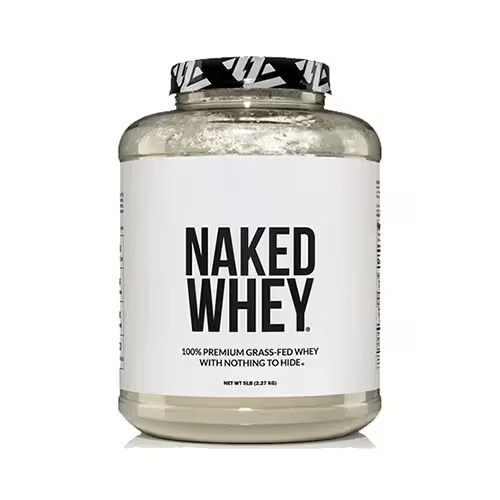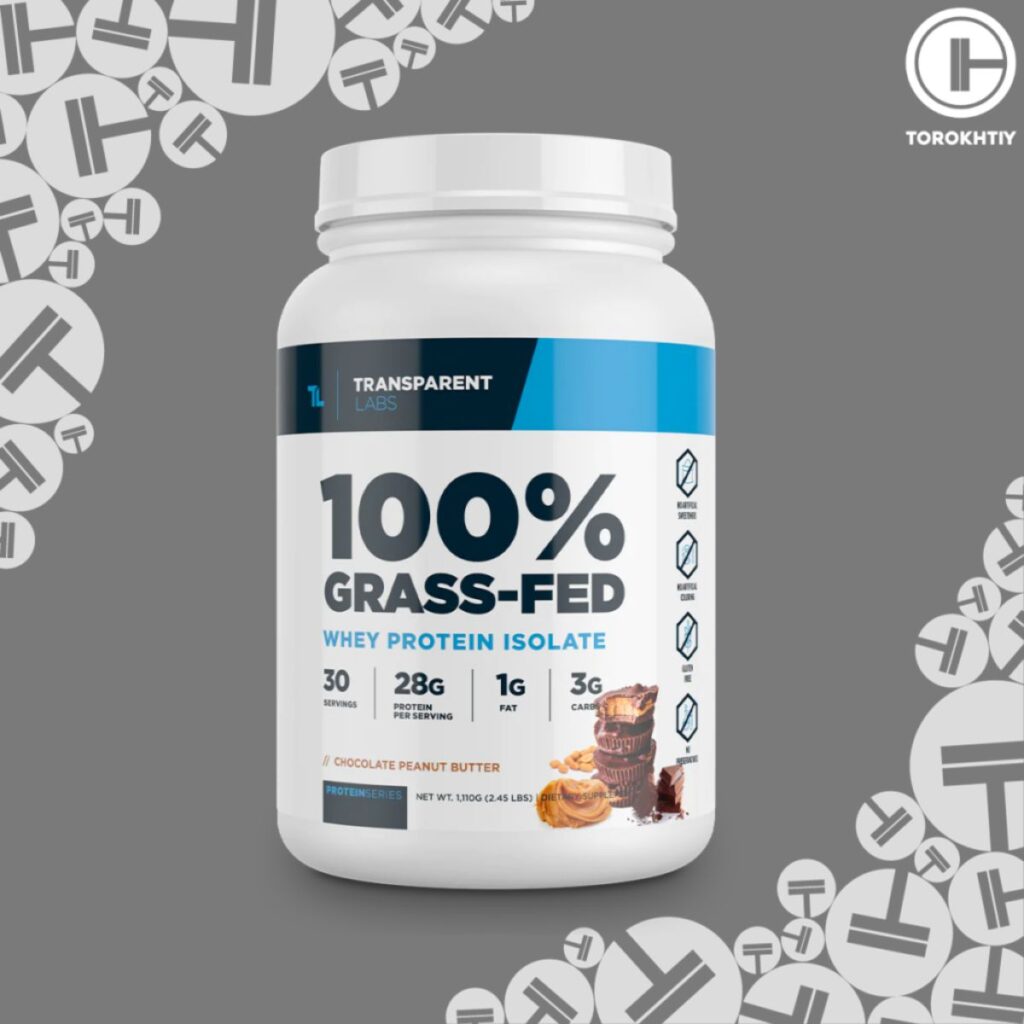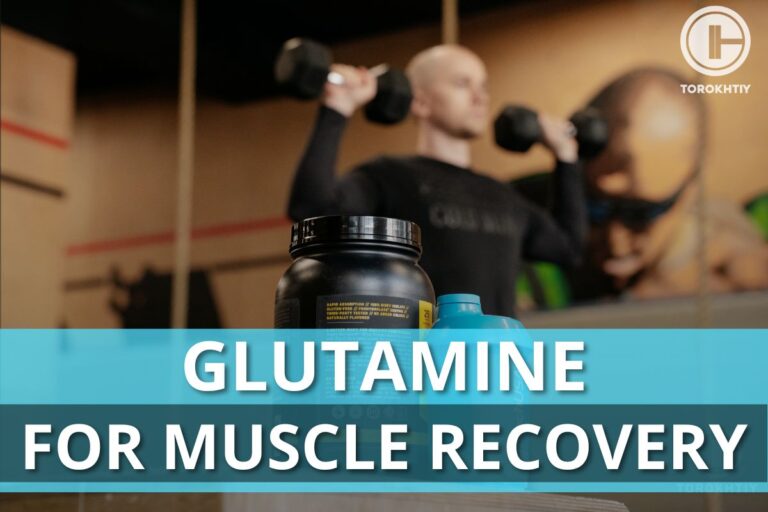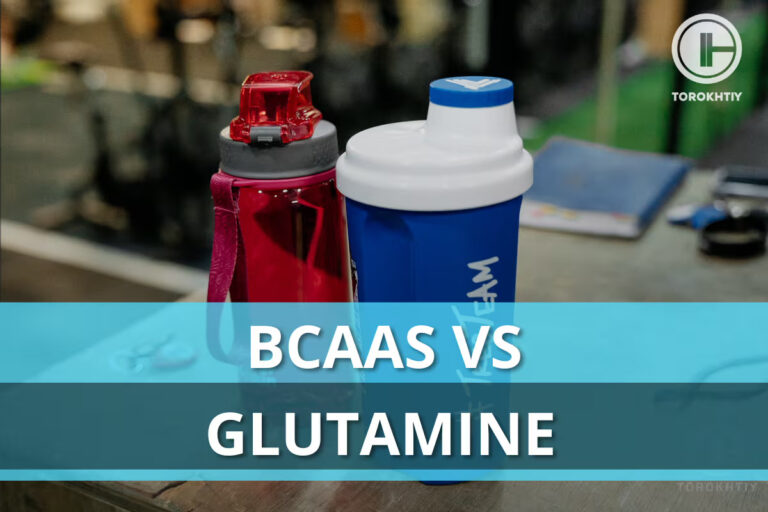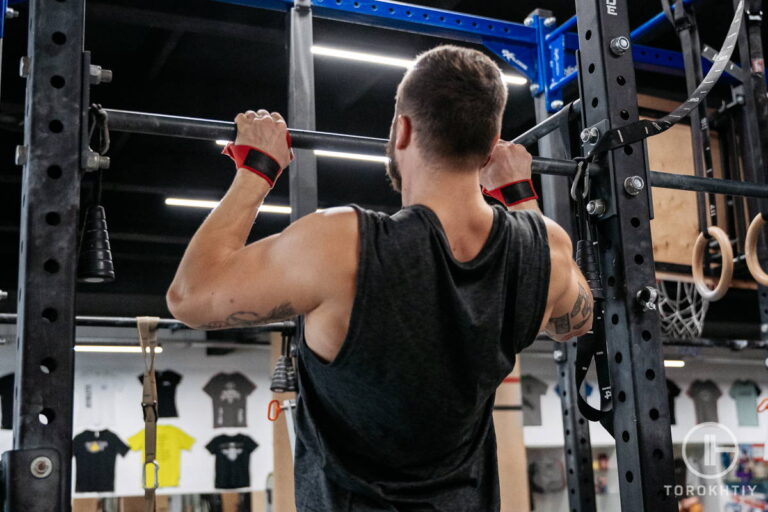Standard Whey vs Whey Isolate: Decoding The Difference
Whey protein powder is among the most popular dietary supplements. But when buying a whey protein supplement, you might have realized a couple of options are available, each with unique characteristics and uses. So, you might wonder which is best when choosing between whey protein concentrate (WPC) vs. whey protein isolate (WPI).
The purpose of this article is to provide you with a detailed understanding of the difference between whey protein concentrate and whey protein isolate so you can make an informed decision on which protein to purchase.
The difference between standard whey protein vs. isolate relies on its processing, nutritional content, lactose content, and pricing. Concentrate (WPC) tends to be less processed, has a lower protein content, can have more lactose, and it’s typically cheaper.
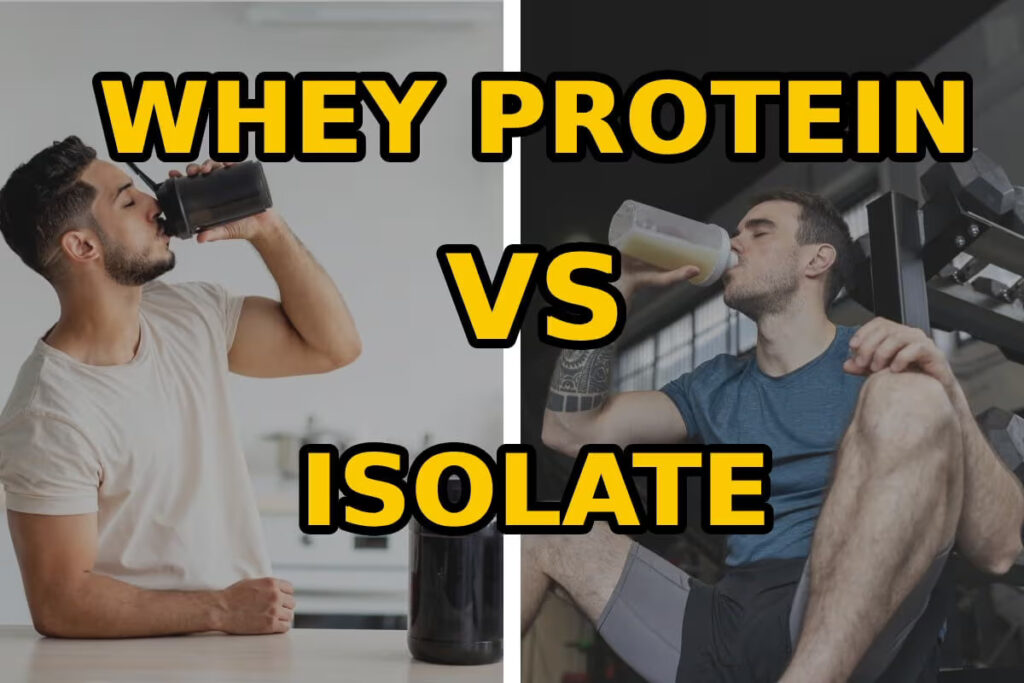
What Is Whey Protein?
Whey is one of the many proteins you find in cow’s milk. Roughly 80% of the protein in milk is casein, and only 20% is whey.
To obtain whey, you need to separate it from the milk by adding heat and food-grade acids or enzymes, which is the process of making cheese (whey is a by-product of cheese). Adding enzymes to milk separated the solid and liquid curds (whey).
As a result, most carbs and fats are removed, leaving a liquid almost entirely made of protein. It then goes through a filtering process to remove any impurities, and it’s later dehydrated and added additives and flavors to boost its flavor although these last steps can vary depending on the specific manufacturing process and the desired characteristics of the whey protein product.
One of the benefits of whey protein is that it contains all essential amino acids. With that said, whey protein can help grow, repair, and maintain muscle tissue.

What Is Whey Protein Isolate?
Whey Protein Isolate (WPI) is a more refined whey protein. It tends to have a higher protein content than concentrate and is lower in fats and carbs. Due to its processing, where it undergoes an extra filtration process, it can achieve a protein content of over 90%.
Standard Whey Protein (Wpc) vs. Isolate (WPI)
While both concentrate and isolate can help you increase your protein intake, there are several differences you need to consider before choosing one.
The main difference between whey protein isolate vs. whey protein concentrate is their nutritional composition, but there are other differences, such as processing and price range.
1. Processing
One difference between standard whey and isolate is its processing. As seen before, whey isolate has more processing steps than whey protein, resulting in a purer formula with higher protein content.
2. Nutritional Composition
The biggest difference between isolate protein vs. whey concentrate relies on its nutritional composition.
Whey protein concentrate tends to be lower in protein with a higher carb and fat content per scoop . On average, whey protein concentrate has a protein content of 70-80%, but you can find them in lower percentages, such as 20-30% so be sure that you’re checking the label. As for the carb content, it typically ranges between 4-8%, and the fats at 2-9%.
On the other hand, whey protein isolate tends to have a higher protein content. On average, whey isolate can have 80-95% protein, and usually carb and fat content are almost non-existent.

3. Lactose Content
Since whey isolate is lower in carbs, it means it also has a lower lactose content. While healthy individuals are able to consume both options without digestive issues, people who are sensitive to lactose might want to opt for whey isolate instead of regular whey protein. But if you are extremely sensitive to lactose, you should only choose lactose-free options.
Remember that everyone has a different tolerance to lactose. While some might be able to drink a glass of milk every day, others might need to completely remove all lactose from their diets.
4. Price Range
Finally, the price range is the last difference between whey protein isolate vs. whey protein concentrate. Whey protein isolate tends to be more expensive than whey concentrate. And, it makes sense since protein isolate needs to go through more layers of filtering, which increases the product’s cost.
The price range might vary for each brand. But on average, the difference between a tub of standard whey protein and isolate (of the same brand) can vary between 20 to 50%. This means that a tub of whey isolate might cost 50% more than standard whey.
Whey Protein Concentrate vs. Isolate: Summary
The protein, fat and carbohydrate content in whey protein concentrate (WPC) and whey protein isolate (WPI) can vary depending on the specific product and brand. However, here are some general information about their average protein fat and carbohydrate content:
As you can see, there are several differences between whey protein and isolate. Let’s compare them side-by-side.
| Feature | Standard Whey Protein | Whey Isolate |
|---|---|---|
| Processing | Less | More |
| Cost | Cheaper | Expensive |
| Protein | up to 80% | 80-95% |
| Carbs | 4-8% | Often less than 5% |
| Fats | 2-9% | Often less than 2% |
Pros and Cons of Whey Protein
Positives:
Could be better:
Pros And Cons of Isolate Protein
Positives:
Could be better:
Whey Protein vs. Isolate: When To Use Each
If you don’t mind getting a couple of extra grams of carbs or fats, meaning you don’t have a very strict macro and calorie intake, then whey protein can be a good option, especially because it has a lower price. This is also a good option for those who are not lactose intolerant.
But, if you need to have a strict macro intake, such is the case of bodybuilders, then whey isolate is a better option. It is also a good option for those who are lactose intolerant and want to prevent any digestive issues when taking their protein shakes. Just keep in mind that it will be more expensive.
How To Pick Protein
With so many options available on the market, it might be challenging to choose a protein powder. If you are looking for a whey protein, the difference might be easier if you have only two options isolate or whey concentrate. But, still, within those two categories, several hundred options are available.
So, how do you pick the best protein powder?
Here are the things you need to consider when choosing a protein powder.
1. Diet Type
First, you need to think about the type of diet you follow. For those who follow a high protein diet, a protein that provides more protein per serving (>30 g) can be a good way to ensure you reach your total protein intake.
But, if you have a moderate protein intake, you might not need to supplement with much protein, especially if you add protein-rich foods such as chicken, fish, eggs, and Greek yogurt. In this case, a protein powder containing 20-25 g of protein per serving can be a good option.
Understanding your diet and protein needs can give you a clear idea of what type of protein and how many grams of protein you need to supplement.
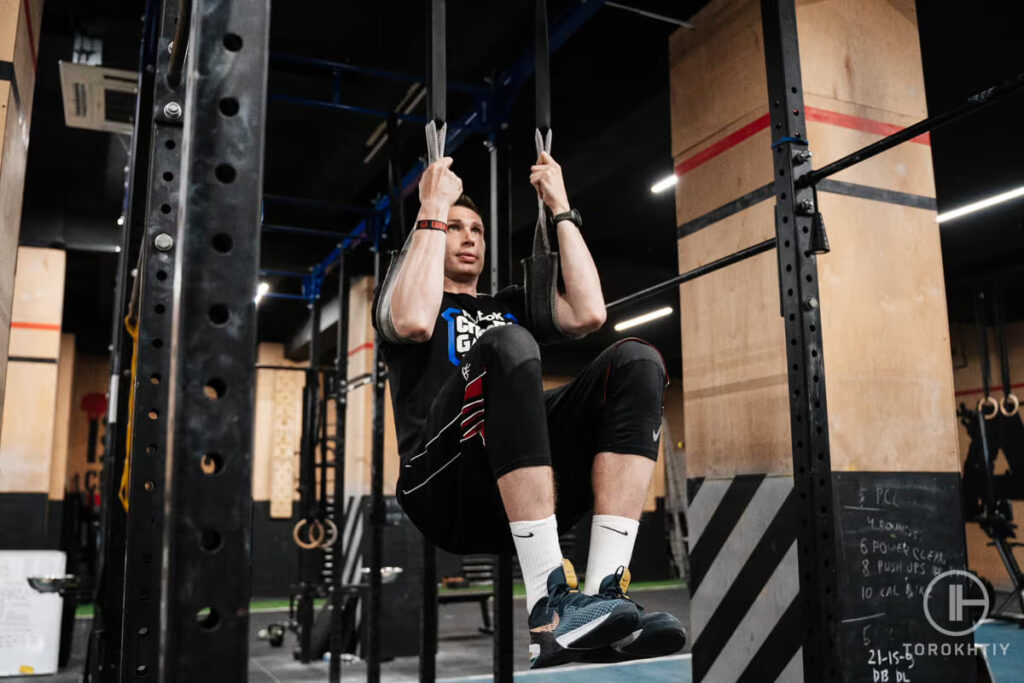
2. Serving Size
The serving size also plays an important factor. Some proteins have a small serving size, meaning you need several scoops to reach a decent amount of protein.
If you have a low to moderate protein intake, that might not be an inconvenience. But, if you have a high protein intake, taking 3-4 scoops of protein to reach the recommended protein intake might become tedious and expensive.
3. Price Per Serving
When considering the purchase of protein powder, price plays a crucial role. There are distinct price differences between whey isolate and whey concentrate. If you’re working with a limited budget, whey concentrate generally offers a more cost-effective price per serving. However, if you’re willing to invest a bit more, whey isolate can provide a higher quality alternative, despite its higher price per serving. It’s important to weigh your budget and nutritional needs to make an informed decision.
4. Protein-By-Weight Ratio
One of the most important things determining if the protein powder is worth purchasing is the protein-by-weight ratio. This determines how much of the total formula is made up of protein. While this sounds complicated, it is fairly easy to calculate.
To calculate the protein-by-weight ratio, divide the total grams of protein by the scoop’s weight. For example, if the scoop weighs 30 grams and contains 25 grams of protein, the protein-by-weight ratio would be 25/30 = 0.83 = 83%.
The higher the protein-by-weight ratio, the more protein it has, and the fewer additives or fillers the formula contains, making it a formula with a higher purity value. Choose a protein with at least a score of 0.8 in the protein-by-weight ratio (hopefully higher).
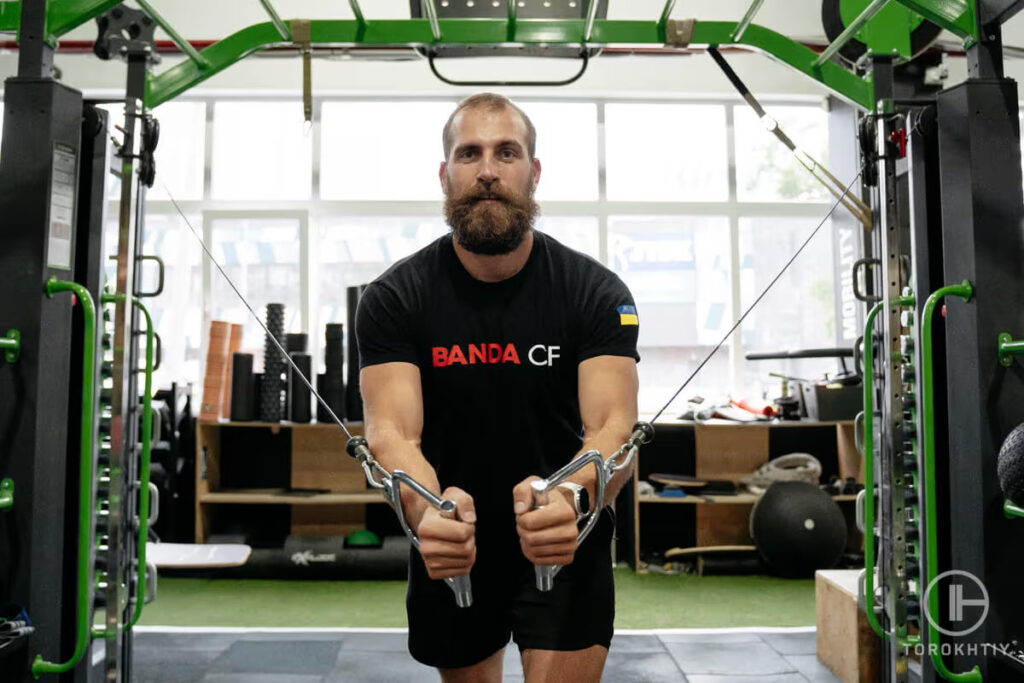
5. Label Transparency
6. Value For Money
Finally, when purchasing a protein supplement, understand its value for money. The price plays an important role, but there is more to the price you are paying. For example, companies might add value to their products by offering extra micronutrients content, certifications guaranteeing their safety and purity or a money-back guarantee.
Analyze what benefits you can get from purchasing the supplement to determine if it’s worth the price.
Our Recommendation For Whey Protein Concentrate: Naked Whey
The reason why we recommend Naked Whey is that it only contains one ingredient, which is 100% grass-fed pure whey protein. It doesn’t contain any sweeteners, fillers, flavors, or colorings.
Since it is unflavored, it is an ideal option to add anywhere. Add it to some of your favorite recipes or combine it with fruit to make a protein smoothie.
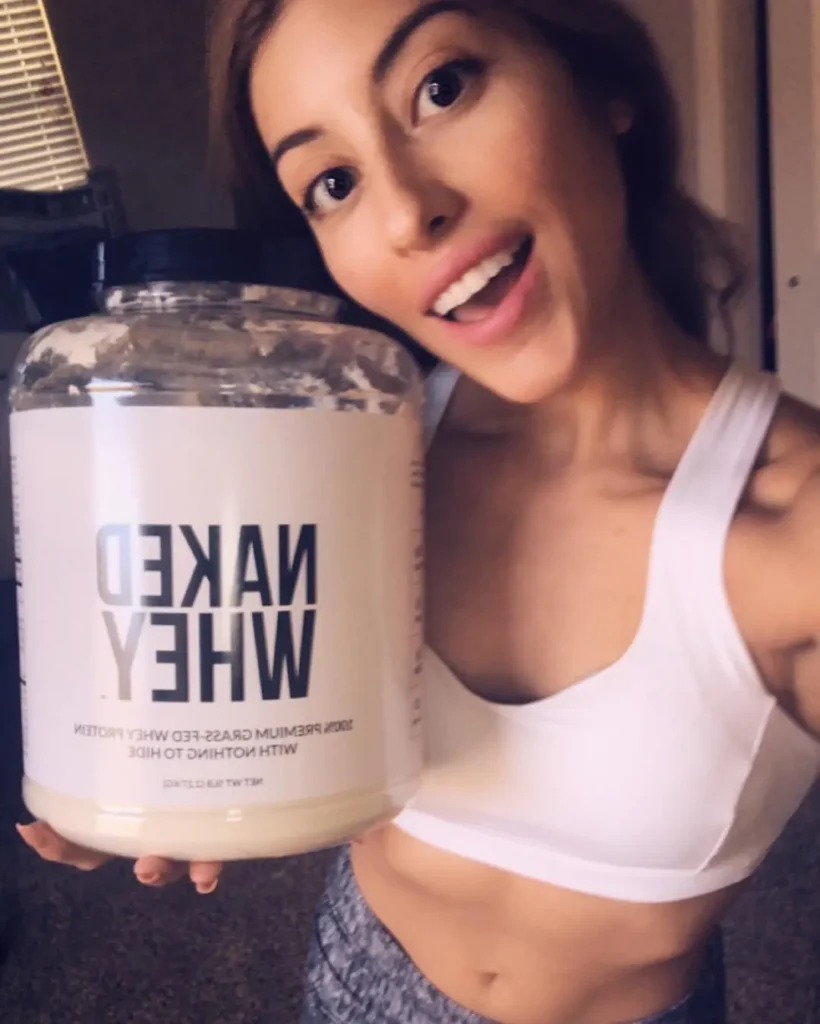
Two scoops of Naked Whey offers 120 calories, 25 g of protein, 3 g of carbs, and 2 g of fats. It has a protein-by-weight ratio of 0.83, making it a good option.
Our Recommendation For Isolate Protein:
Transparent Labs Whey Isolate Protein
- Serving Size: 32.96 grams
- Price Per Serving: ~$1.8
- Protein Percent Of Weight (%): 85%
- Proteins: 28 grams
- Carbohydrates: 1 gram (depends on flavor)
- Fat: 0.5 gram (French Vanilla only)
- Added Sugar: 0 gram
- Calories Per Serving: 120
- Recommended By Athletes: Hafþór Júlíus Björnsson, Terron Beckham, Paul Sklar
If you want an isolate protein option, we recommend Whey Isolate Protein from Transparent Labs. It is a 100% grass-fed whey protein isolate protein powder that offers per 33g serving scoop: 120 calories, 28 g of protein, 2 g of carbs, and 0g of fats.
A benefit of this isolate protein is its protein-by-weight ratio of 0.85, meaning it has a high protein content.
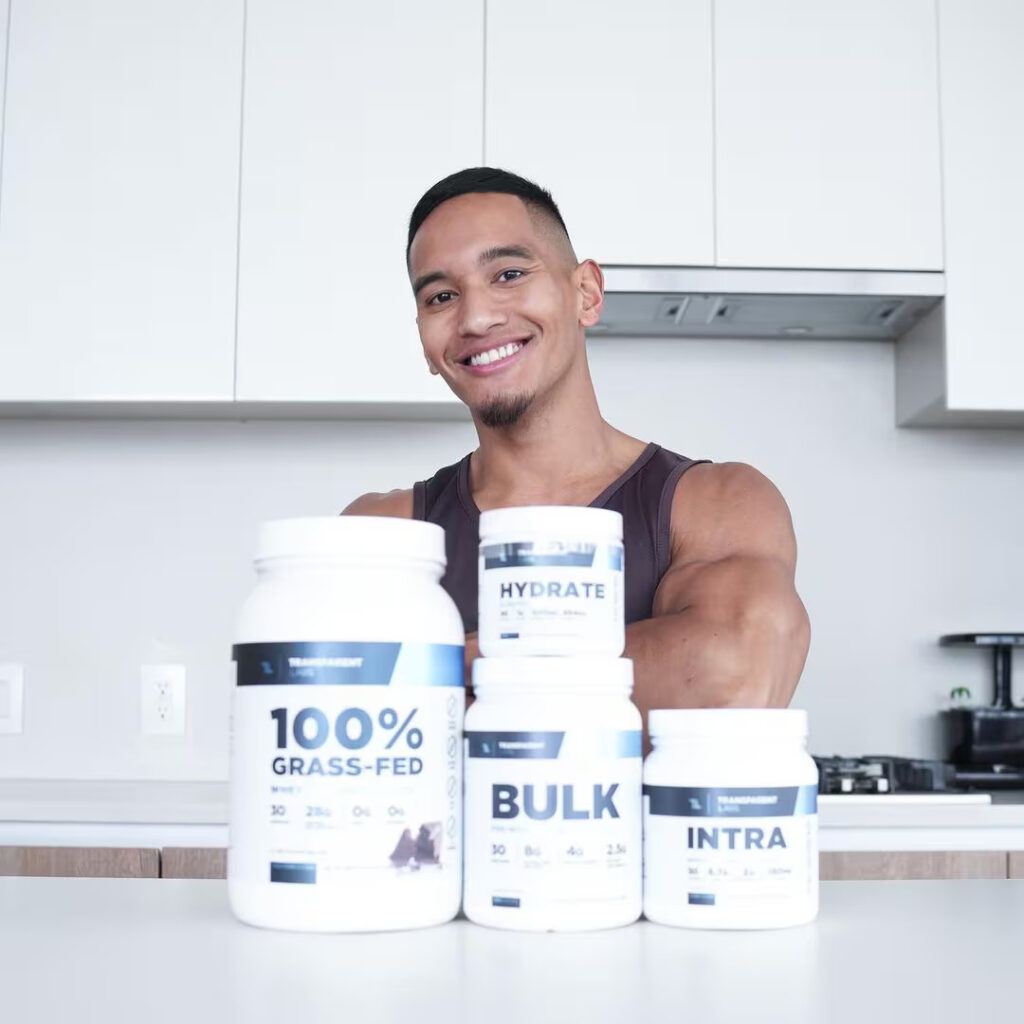
There are several flavors to choose from, such as oatmeal chocolate chip cookies, or chocolate peanut butter. Keep in mind that the fat and carbs content might vary between flavors.
FAQ
Which Is Better Isolate or Whey Protein?
If you are lactose intolerant and need a lower carb and fat content, isolate protein is a better option. However, if you are not lactose intolerant, choosing whey protein can be a cheaper option and provide you with enough protein to satisfy your needs.
Is Whey Protein the Same as Isolate?
No, while whey protein and whey isolate derive from the same source, they are different. Whey isolate is whey protein that has undergone extra processing to create a cleaner formula with higher protein and lower carb and fat content.
Conclusion
Whey protein and whey isolate can be a good way to help you reach your protein requirements. A good protein intake can help increase fullness levels and support muscle mass.
On average, one scoop of whey concentrate is composed of 80% proteins, but there is always the chance of a lower protein percentage per scoop. On the other hand, whey isolate contains a higher protein content (often more than 85%) and a lower carb and fat content.
Whey isolate can be a better option if you are lactose intolerant and need a lower fat and carb content. However, if you don’t want to pay 20-40% more for some extra protein content, whey protein concentrate can be a very good alternative.
While WPI is often considered a purer form of protein, WPC can still provide adequate protein and offers a more cost-effective option. The choice between WPC and WPI depends on individual preferences, dietary needs, and budget.
Which protein supplement do you currently use? Whey protein or isolate? Let us know in the comments.
Also read:
- Pea Protein vs Whey
- Pre Workout vs Protein Powder
- Whey vs Egg Protein
- How Many Protein Shakes a Day
- Protein Shake With Milk Or Water
- Pea Protein vs Hemp Protein
- Best Soy Protein Powder
- Best Whey Isolate Protein Powder
- Best Chocolate Whey Protein Powder
- Best Protein to Gain Weight
References:
- Effect of dairy proteins on appetite, energy expenditure, body weight, and composition: a review of the evidence from controlled clinical trials // NIH: https://pubmed.ncbi.nlm.nih.gov/ 23858091/
- Update on protein intake: importance of milk proteins for health status of the elderly // NIH: https://www.ncbi.nlm.nih.gov/ pmc/articles/ PMC4597363/
- Key Question 1: What is the prevalence of lactose intolerance? How does this differ by race, ethnicity, and age? // NIH: https://www.ncbi.nlm.nih.gov/ books/NBK44624/
Why Trust Us?
With over 20 years in Olympic Weightlifting, our team does its best to provide the audience with ultimate support and meet the needs and requirements of advanced athletes and professional lifters, as well as people who strive to open new opportunities and develop their physical capabilities with us.
By trusting the recommendations of our certified experts in coaching, nutrition, dietology, and sports training programming, as well as scientific consultants, and physiotherapists, we provide you with thorough, well-considered, and scientifically proven content. All the information given in the articles concerning workout programming, separate exercises, and athletic performance, in general, is based on verified data. We ensure that you can rely on our professionals’ pieces of advice and recommendations that can be treated as personalized ones which will benefit you and fully meet your needs.
The product testing process is described in more detail here
Author: Jacek Szymanowski
Certified Nutritionist,
M.Sc.Eng. Biotechnology
Performance Architect,
Strength and Conditioning Specialist
With over 30 years of fighting experience, specialization in nutrition coaching for athletes, and expertise in metabolic health and dietary strategies, Jacek offers a comprehensive approach to optimizing your performance and well-being. Backed by a Master of Science degree in Biotechnology, Jacek remains at the forefront of scientific advancements, ensuring that his coaching is always evidence-based and up-to-date.

